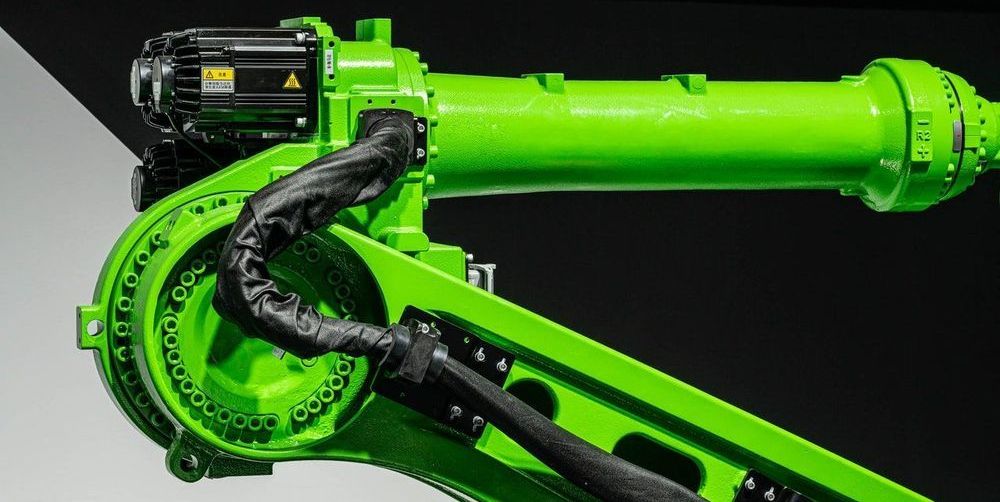South Korea successfully got its coronavirus outbreak under control in three weeks without enforcing extreme lockdowns. Here’s how.
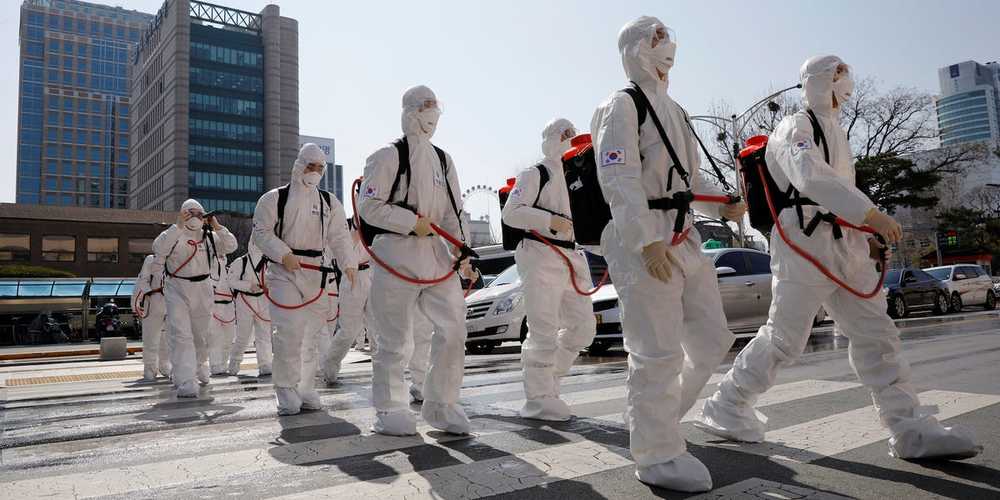


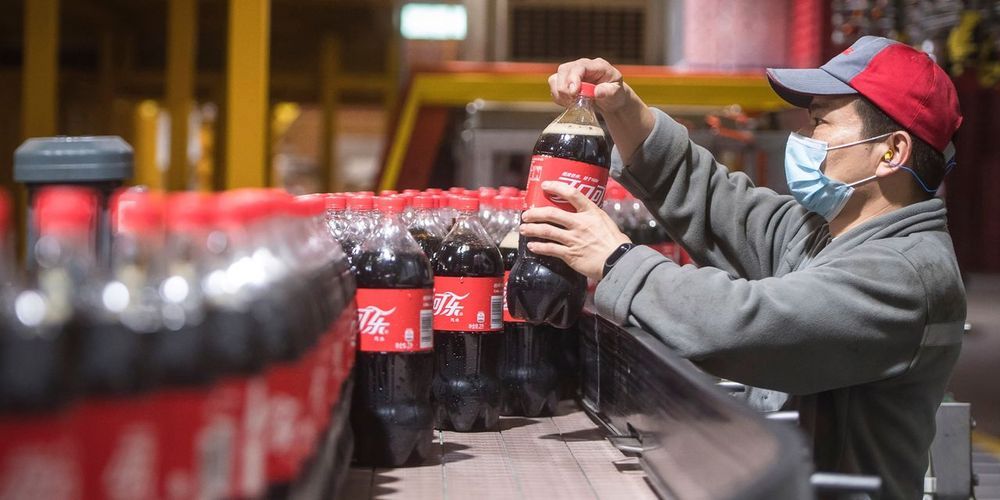

“A number of years ago, we talked about, ‘What if there wasn’t clean water? What if there wasn’t enough food? Where might we go? What might we do as a family?’ So, I think we should leave those preparations to ourselves,” Melinda Gates told BBC Radio Live on Thursday.
“We had prepared, and had some food in the basement in case needed, and now we’re all in the same situation,” she said.
Melinda said they could not prepare with a particular drug or vaccine, of course, as “there are no tools” for Covid-19.

The global coronavirus death toll surpassed 200,000 on Saturday, according to John Hopkins University data.
The grim total was reached a day after presidents and prime ministers agreed to work together to develop new vaccines, tests and treatments at a virtual meeting with both the World Health Organization (WHO) and Bill & Melinda Gates Foundation.
“We will only halt COVID-19 through solidarity,” said Dr. Tedros Adhanom Ghebreyesus, WHO Director-General. “Countries, health partners, manufacturers, and the private sector must act together and ensure that the fruits of science and research can benefit everybody.”

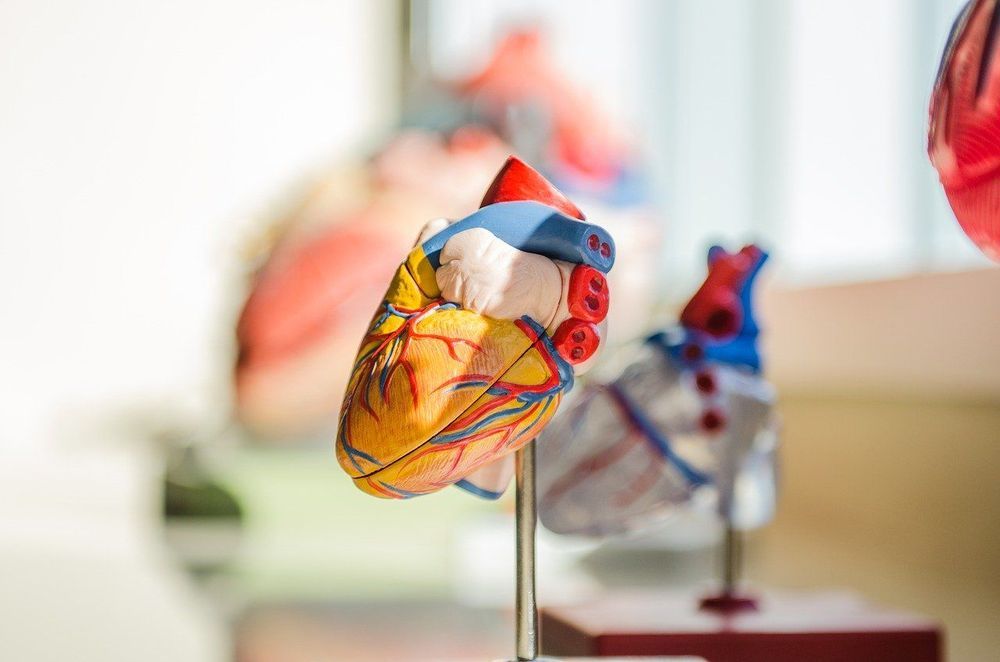
Researchers at UT Southwestern Medical Center discovered that a protein called calcineurin plays a key role in blocking the ability of heart muscle to regenerate after the first week of life. The finding could be used to develop treatments that reverse this process, offering new strategies for repairing hearts damaged by heart attacks, high blood pressure, viruses and more, they said.

Severe acute respiratory syndrome coronavirus 2 (SARS-CoV-2) emerged in Wuhan, China, at the end of 2019, and there are currently no specific antiviral treatments or vaccines available. SARS-CoV-2 has been shown to use the same cell entry receptor as SARS-CoV, angiotensin-converting enzyme 2 (ACE2). In this report, we generate a recombinant protein by connecting the extracellular domain of human ACE2 to the Fc region of the human immunoglobulin IgG1. A fusion protein containing an ACE2 mutant with low catalytic activity is also used in this study. The fusion proteins are then characterized. Both fusion proteins have a high binding affinity for the receptor-binding domains of SARS-CoV and SARS-CoV-2 and exhibit desirable pharmacological properties in mice. Moreover, the fusion proteins neutralize virus pseudotyped with SARS-CoV or SARS-CoV-2 spike proteins in vitro. As these fusion proteins exhibit cross-reactivity against coronaviruses, they have potential applications in the diagnosis, prophylaxis, and treatment of SARS-CoV-2.
SARS-CoV-2 uses ACE2 as the entry receptor. Here, the authors show that an ACE2-Ig fusion…
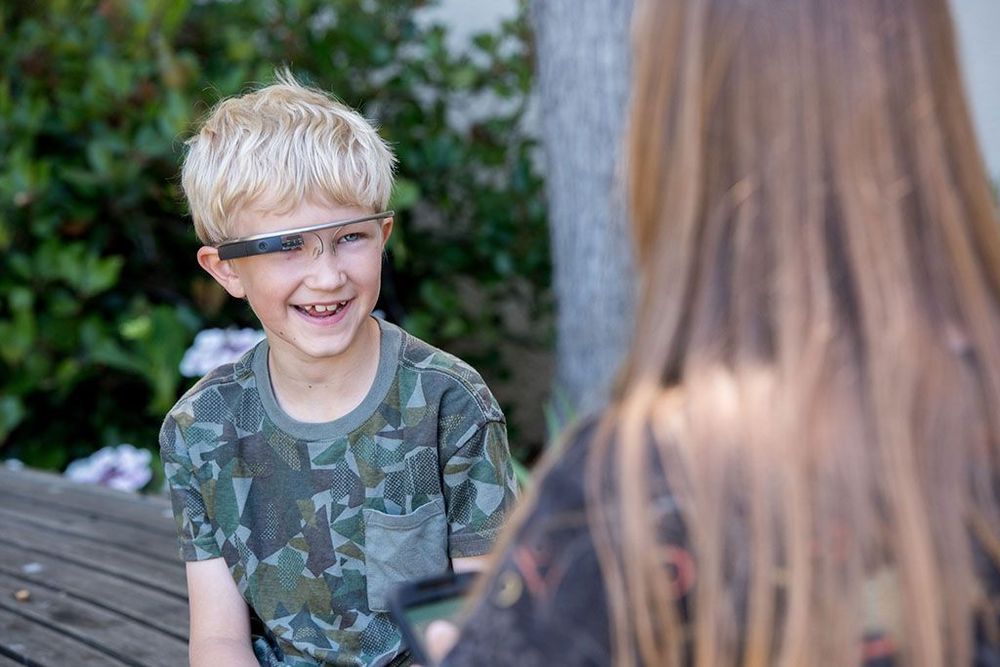
Children with autism were able to improve their social skills by using a smartphone app paired with Google Glass to help them understand the emotions conveyed in people’s facial expressions, according to a pilot study by researchers at the Stanford University School of Medicine.
Prior to participating in the study, Alex, 9, found it overwhelming to look people in the eye. Gentle encouragement from his mother, Donji Cullenbine, hadn’t helped. “I would smile and say things like, ‘You looked at me three times today!’ But it didn’t really move the bar,” she said. Using Google Glass transformed how Alex felt about looking at faces, Cullenbine said. “It was a game environment in which he wanted to win — he wanted to guess right.”
The therapy, described in findings published online Aug. 2 in npj Digital Medicine, uses a Stanford-designed app that provides real-time cues about other people’s facial expressions to a child wearing Google Glass. The device, which was linked with a smartphone through a local wireless network, consists of a glasses-like frame equipped with a camera to record the wearer’s field of view, as well as a small screen and a speaker to give the wearer visual and audio information. As the child interacts with others, the app identifies and names their emotions through the Google Glass speaker or screen. After one to three months of regular use, parents reported that children with autism made more eye contact and related better to others.
